Aviation contributes nearly 3% of global CO₂ emissions, and the number is projected to rise as demand for air travel grows. Unlike cars or trucks, planes face enormous barriers to electrification: batteries are heavy, certification processes are lengthy, and infrastructure for charging or hydrogen fueling is still limited.
But a wave of electric aviation companies is stepping up with bold solutions—from fully electric planes to hybrid retrofits and vertical takeoff aircraft (eVTOLs).
Together, they represent a fast-growing sector that could redefine both urban mobility and regional air travel.
✈️ Why Electric Aviation Startups Matter
Electric aviation is not just about new planes—it’s about rethinking how people move. Regional routes, cargo delivery, and city commuting are all being transformed by these companies.
Their innovations reduce emissions, cut noise pollution, and open the door to more affordable and sustainable air travel.
From retrofits like Ampaire to hydrogen pioneers like ZeroAvia, these companies are proving that the skies can—and must—be part of the clean transport revolution.
Joby Aviation
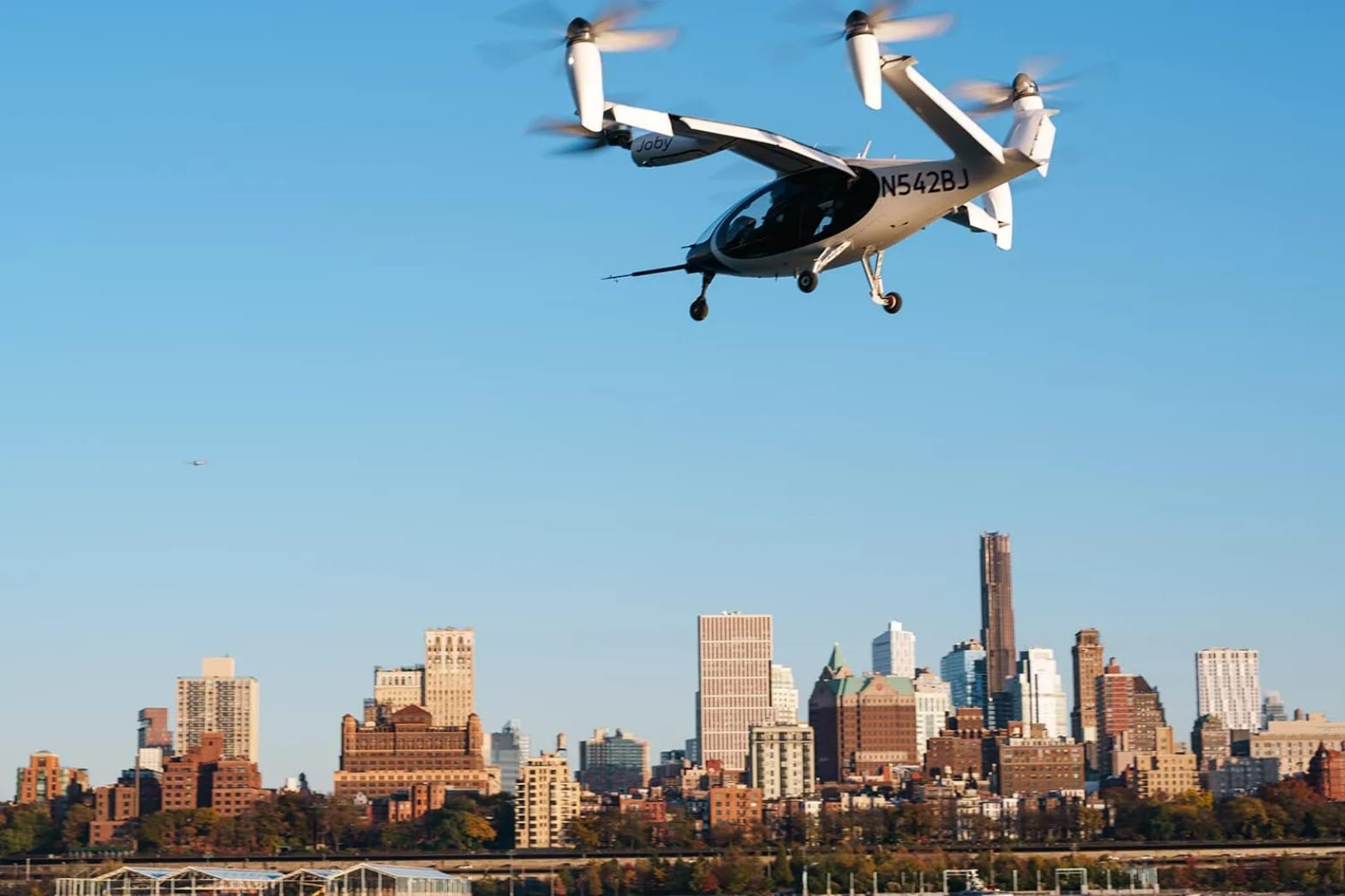
Founded in 2009, Joby Aviation is one of the pioneers of electric vertical takeoff and landing (eVTOL) aircraft. Backed by major investors including Toyota, Intel, and Uber, Joby went public via SPAC in 2021.
Their five-seat eVTOL aircraft is designed for aerial ridesharing, targeting a 150-mile range and speeds of up to 200 mph—all with near-silent operation.
Joby has already completed thousands of test flights and received its Part 135 Air Carrier Certificate from the FAA, positioning it to operate commercial passenger services once the aircraft is certified.
Why It Matters: Joby’s aircraft could transform short-distance commuting, offering zero-emission urban flights that bypass road congestion.
Archer Aviation
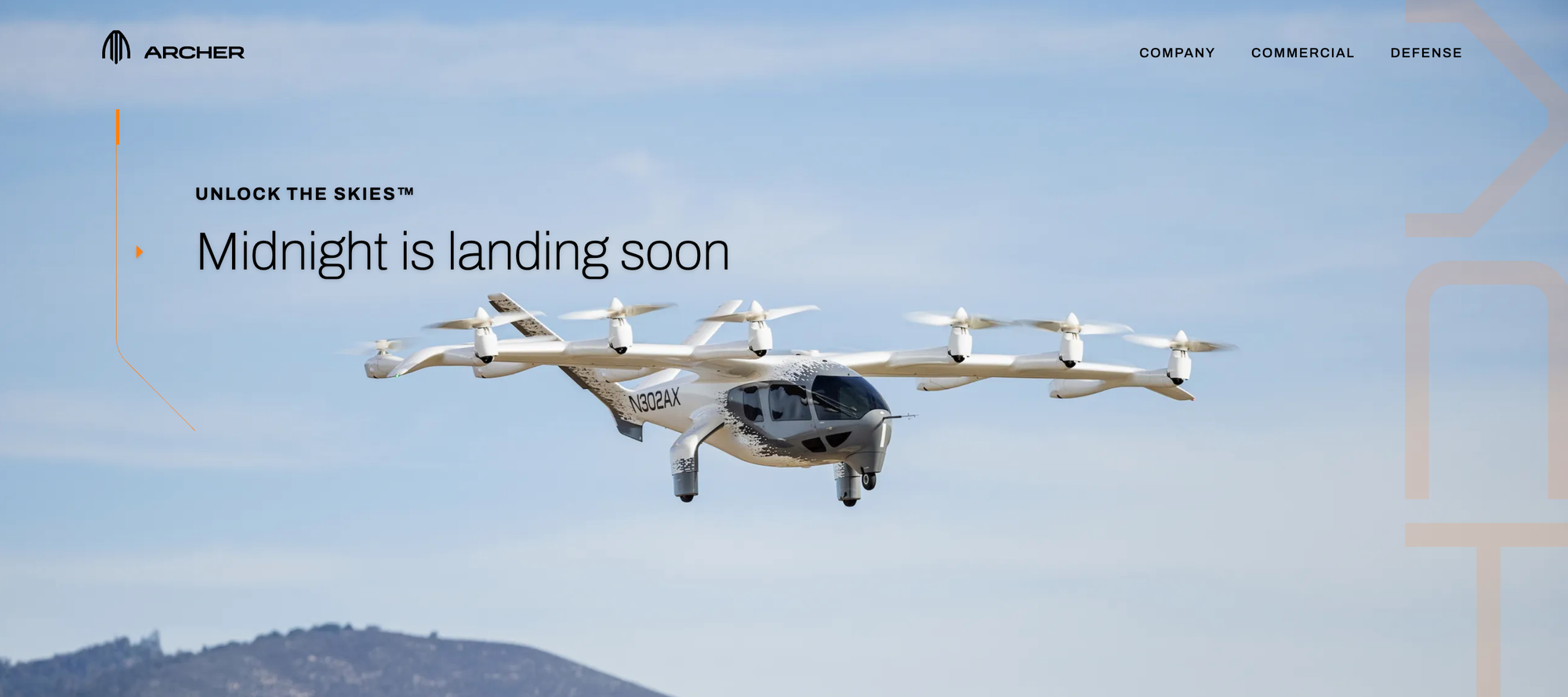
Founded in 2018, Archer is competing head-to-head with Joby in the eVTOL space. Its flagship aircraft, Midnight, is a four-passenger plane targeting short-range urban flights. With a range of 20–50 miles per trip, Midnight is designed for frequent, rapid-turnaround flights—charging in just 10 minutes between journeys.
United Airlines has invested $10 million in Archer and placed an order for 200 aircraft. Archer plans to integrate its aircraft directly into airline networks, offering seamless connections between airports and city centers.
Why It Matters: Archer is building not just aircraft but an entire ecosystem for urban air mobility with strong airline partnerships.
Ampaire
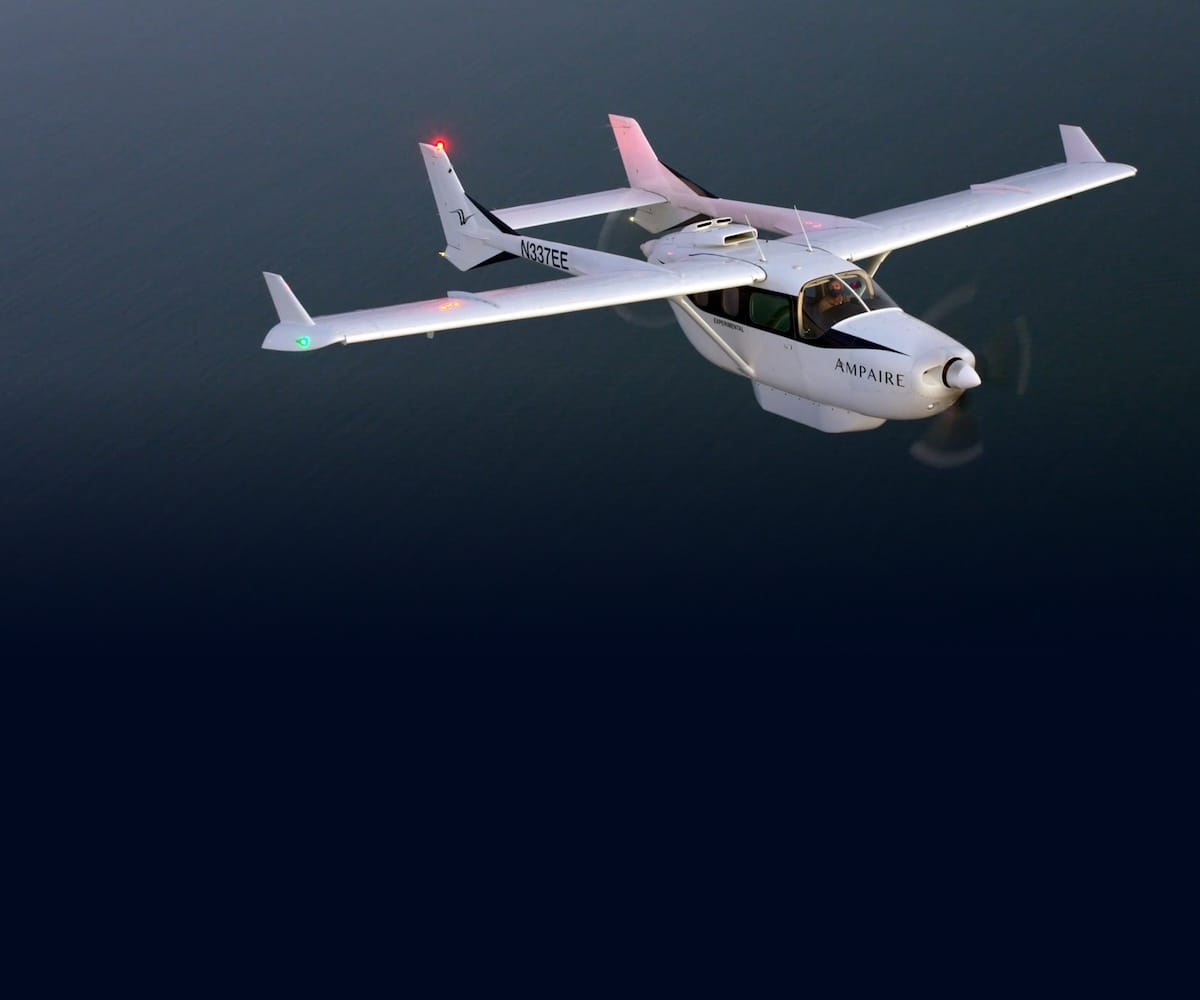
Ampaire takes a pragmatic approach to electrification: instead of building entirely new planes, it retrofits existing aircraft with hybrid-electric propulsion systems.
This reduces certification hurdles and allows airlines to adopt lower-emission planes much faster.
Ampaire has already demonstrated successful test flights and is working with regional airlines in Hawaii and the Caribbean to pilot its technology in real-world routes.
Why It Matters: By modernizing planes already in service, Ampaire provides an affordable, near-term pathway to decarbonized regional aviation.
Eviation
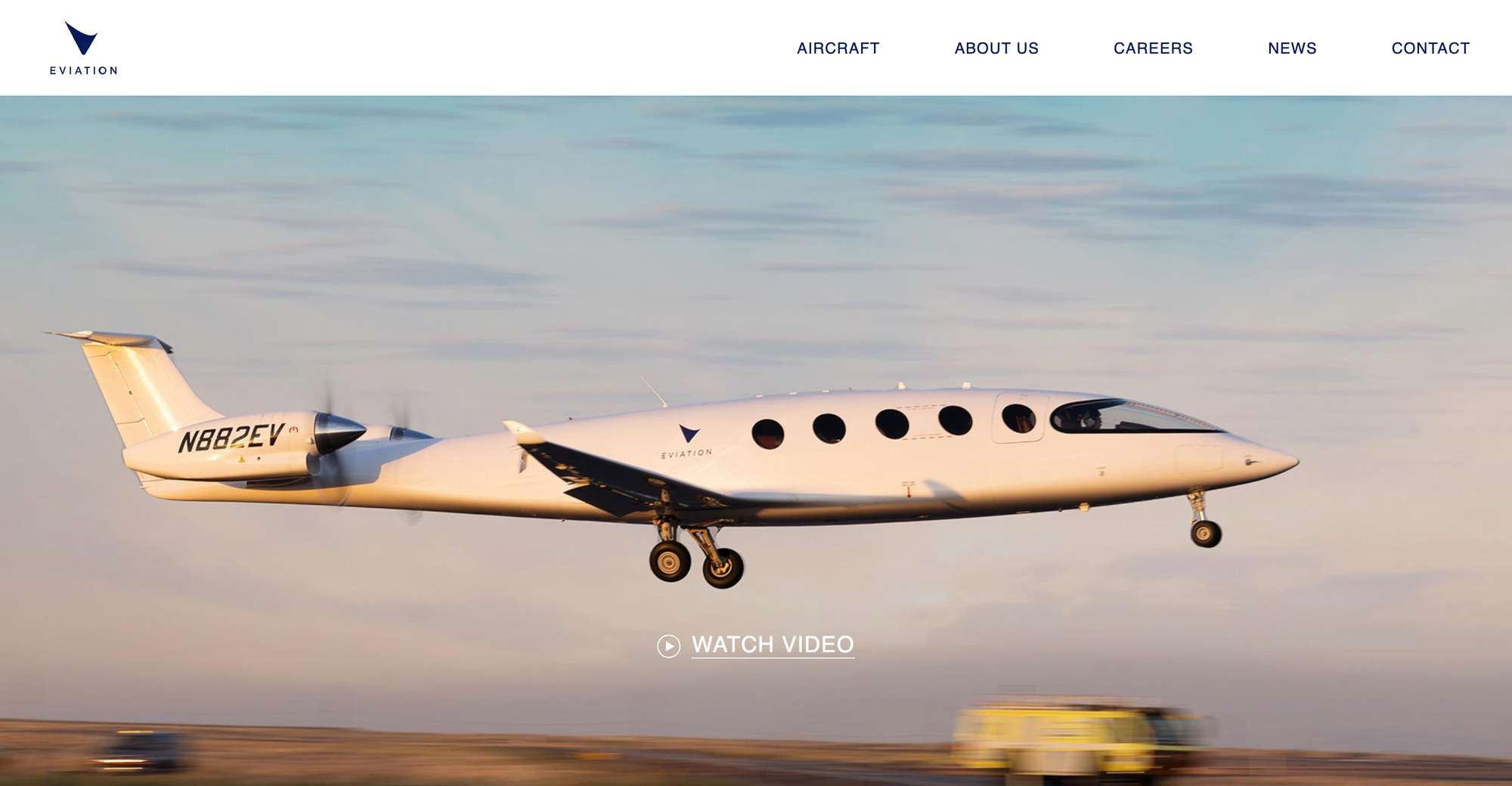
Eviation, founded in 2015, is building Alice, a nine-passenger, fully electric commuter aircraft designed for short-haul routes. Alice targets a 250-mile range, ideal for regional carriers operating between small cities.
Alice completed its first flight in 2022, marking a significant milestone for electric aviation. The company has secured orders from Cape Air and DHL Express, with DHL planning to use Alice for zero-emission cargo delivery.
Why It Matters: Eviation is tackling one of aviation’s most polluting segments—short-haul flights under 300 miles—where electric propulsion is most feasible.
Vertical Aerospace
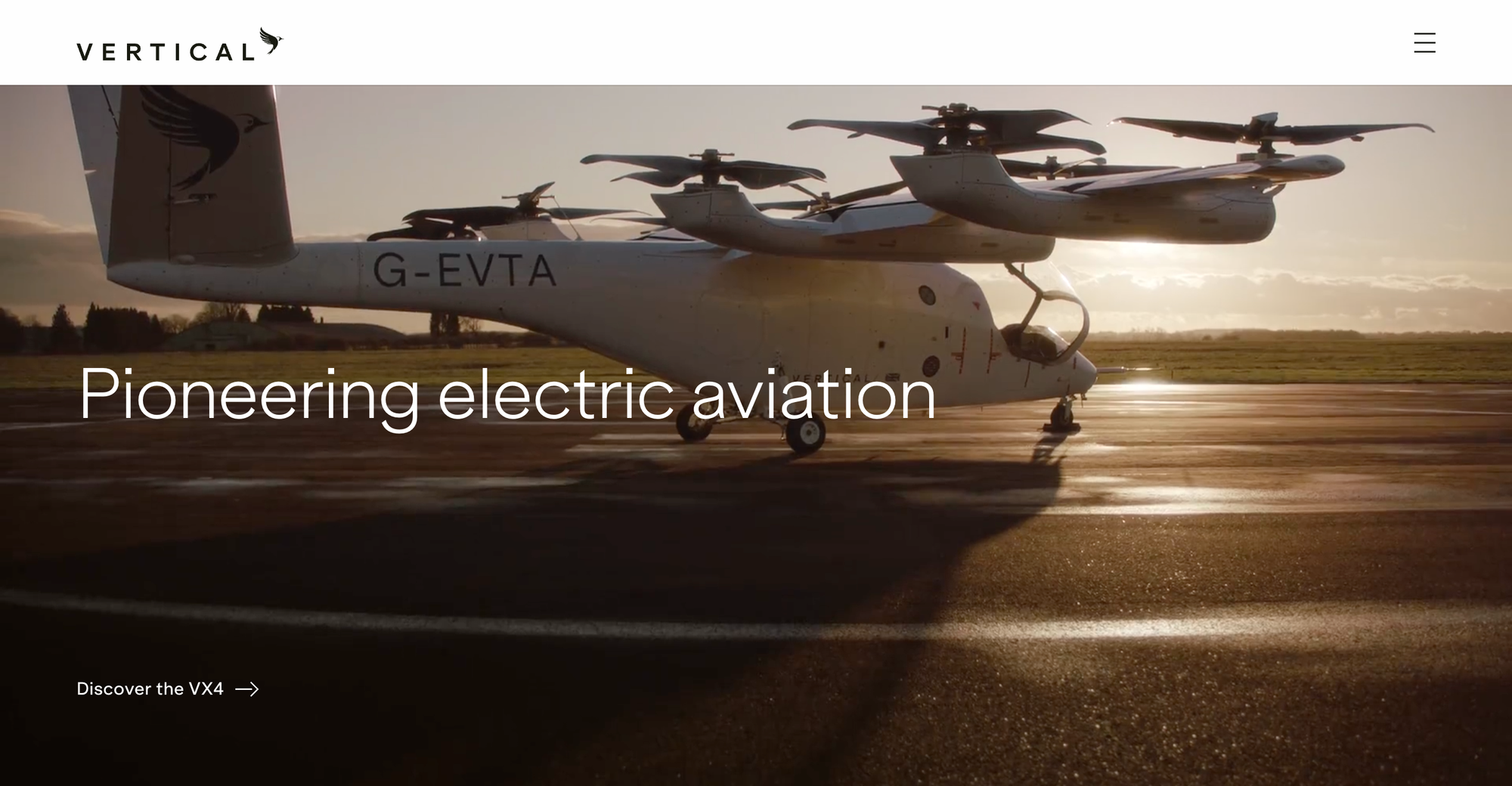
Founded by energy entrepreneur Stephen Fitzpatrick in 2016, Vertical Aerospace is developing the VX4, a four-passenger eVTOL aimed at short urban flights. The VX4 targets speeds of 200 mph with a range of 100 miles.
Vertical has raised over $300 million and partnered with aviation giants including Rolls-Royce, Honeywell, and Microsoft to scale development. United Airlines has placed a conditional order for up to 500 VX4 aircraft, signaling strong commercial interest.
Why It Matters: With deep partnerships and airline commitments, Vertical is positioning itself as one of the most commercially viable eVTOL players.
Heart Aerospace
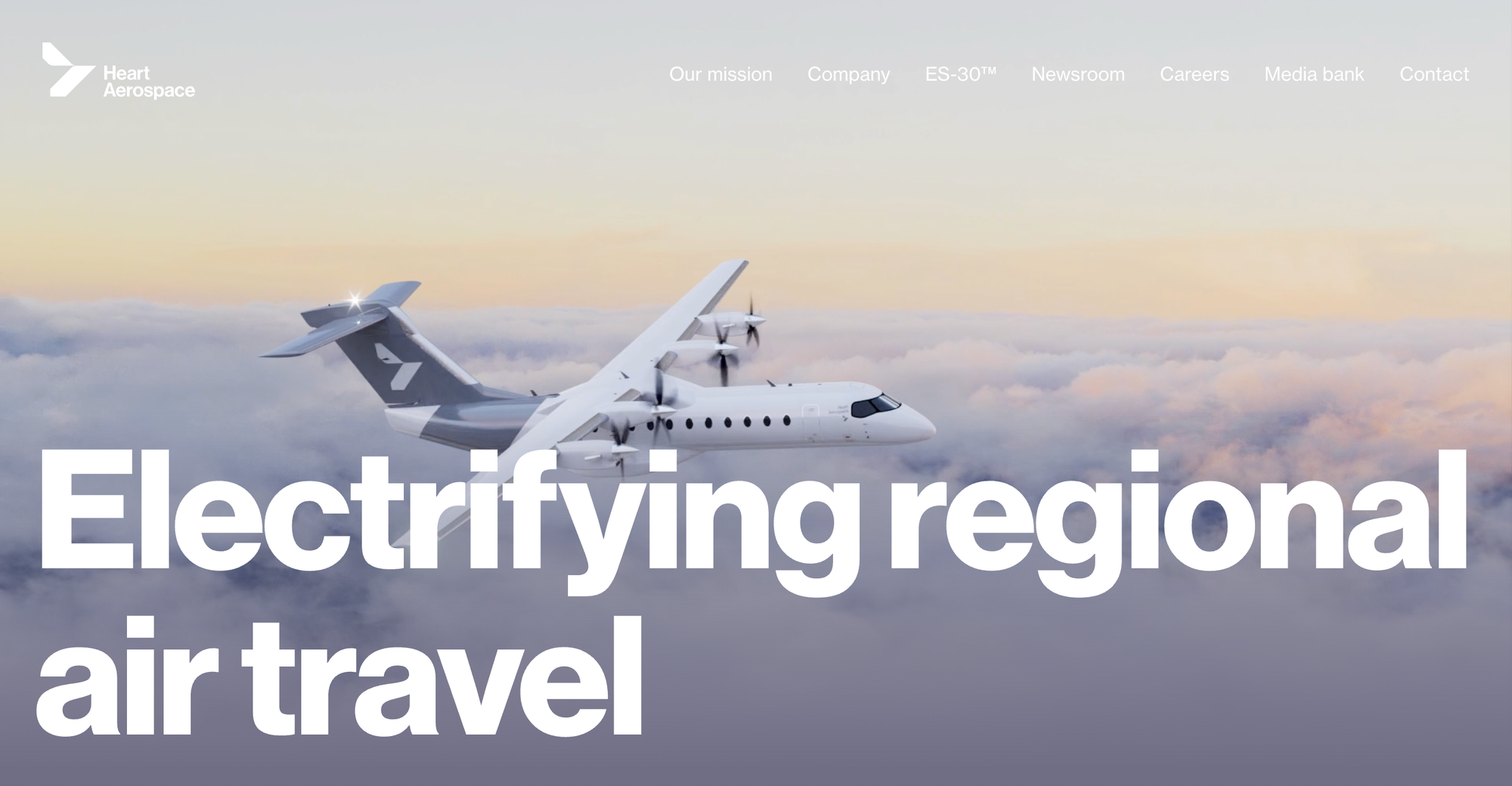
Founded in 2018, Heart Aerospace is building the ES-30, a 30-seat hybrid-electric regional aircraft. The plane will use battery-electric propulsion for short flights and a backup hybrid system for longer routes, extending its range up to 250 miles.
Heart has raised funding from Breakthrough Energy Ventures and attracted orders from United Airlines and Air Canada. It aims to begin commercial service by 2028.
Why It Matters: Heart is among the few startups targeting larger passenger capacity, addressing the regional airline market where demand is high and battery-electric solutions are just becoming viable.
ZeroAvia
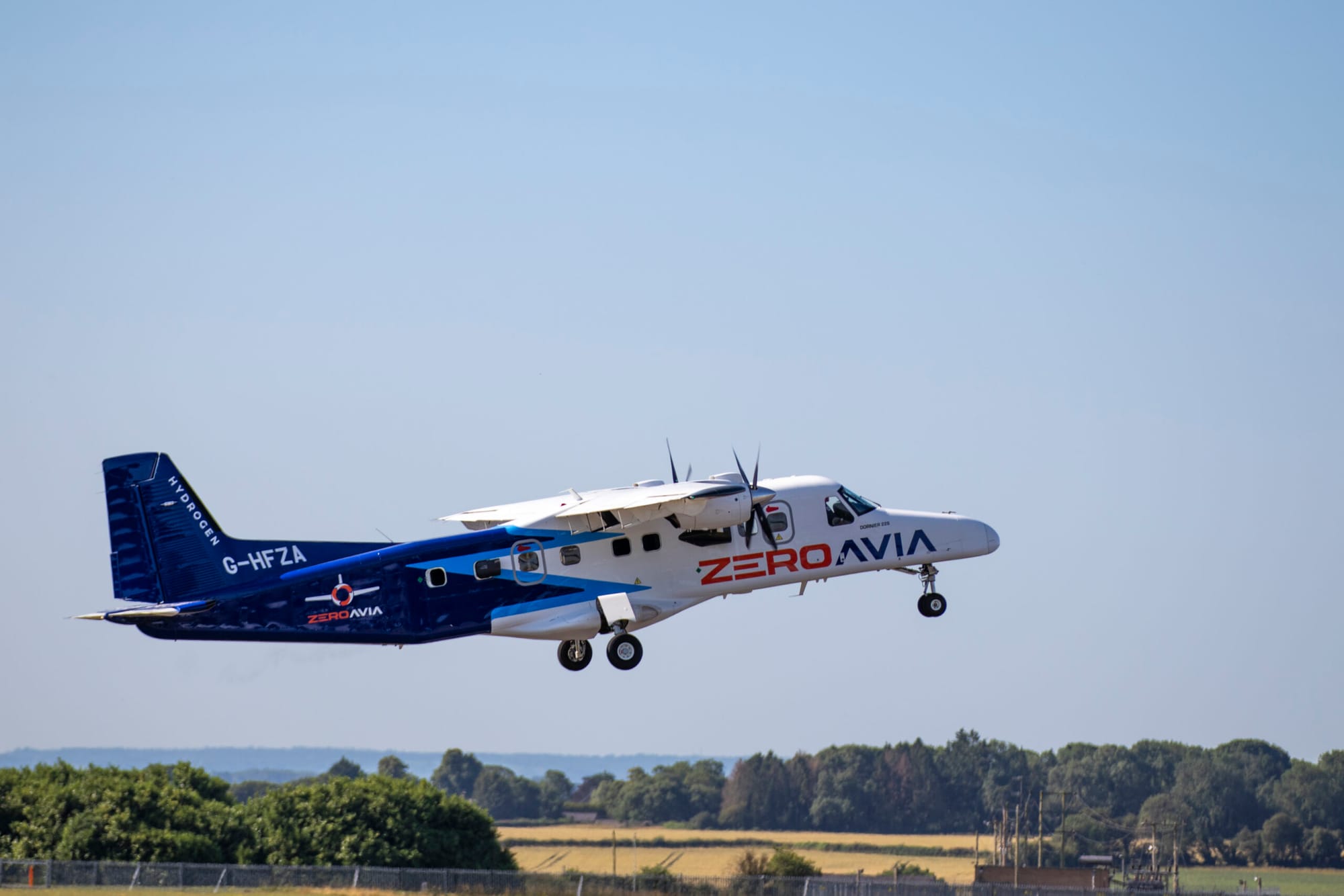
ZeroAvia is pioneering hydrogen-electric propulsion, using hydrogen fuel cells to power electric motors in planes. The company has already completed test flights of a six-seat aircraft and is scaling up to retrofit 20-seat regional planes.
With over $250 million in funding from Amazon’s Climate Pledge Fund, Shell, and Bill Gates’ Breakthrough Energy Ventures, ZeroAvia is aiming for zero-emission flights up to 700 miles by the end of this decade. Partnerships with Alaska Airlines and British Airways further strengthen its roadmap.
Why It Matters: Hydrogen-electric propulsion has the potential to extend electric aviation far beyond the limits of today’s batteries.
Causeartist BackOffice
Your Mission-Aligned Operations Team
From investor-ready financials to growth strategy, HR, compliance, and custom software—Causeartist BackOffice is your all-in-one operational partner. Built for impact startups, funds, and nonprofits, and powered by our experts.
Let us handle the back office—so you can stay focused on impacting the world.








